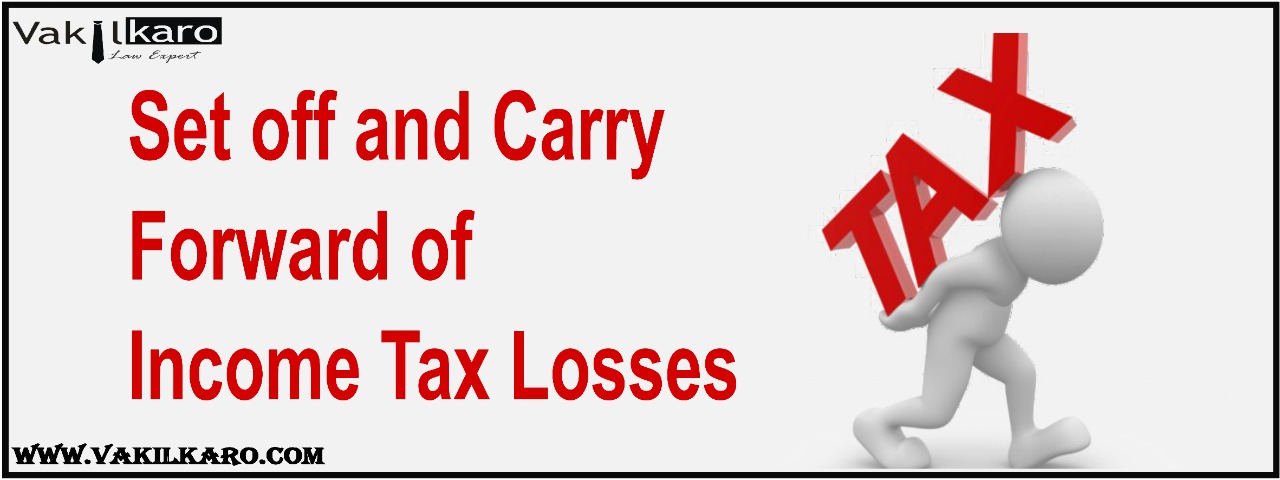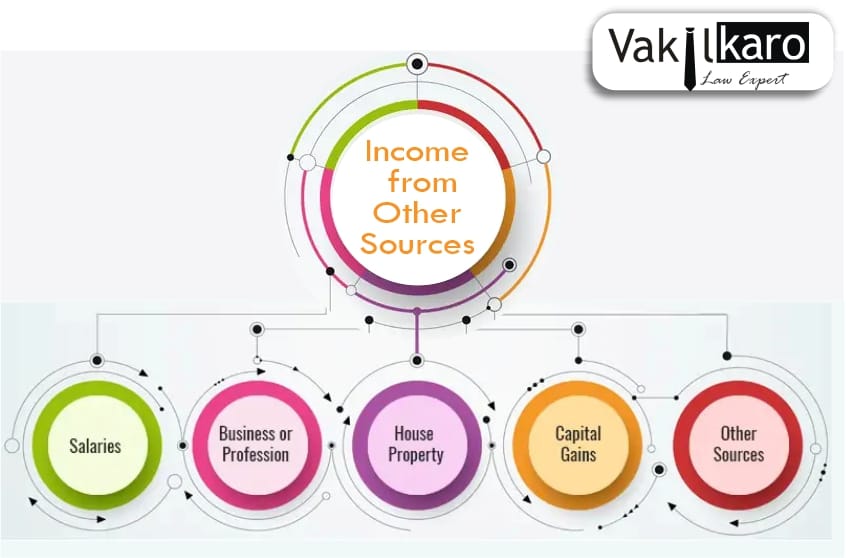Introduction
Cryptocurrency is a digital currency. This currency is considered quite safer as compared to the real currency as the transaction of cryptocurrency is carried on using some complicated codes which are difficult to crack which makes the transaction in cryptocurrency safer.
Bitcoins are the first cryptocurrency created in the year 2009 and since after transactions in crypto have increased leaps and bounds. Ripple, Litecoin, Dogecoin, etc. are some more examples of cryptocurrency. The cryptocurrency transactions in India are not regulated by the Reserve Bank of India unlike physical currency and it is managed by blockchain technologies that maintain the transactions log.
Taxability
The sale-purchase of cryptocurrency is taxable in the following scenarios. The following provisions must be kept in mind while preparing the Income Tax Return:
- Cryptocurrency held as Capital Assets.
- Cryptocurrency held as Stock in Trade.
- Cryptocurrency is received in the normal course of business.
- Cryptocurrency is not covered above.
Capital Assets
If the Cryptocurrency is held as an investment would be taxable under the head Capital Gains. There can be Short-Term Capital Gains or Long-Term Capital Gains depending upon the holding period of cryptocurrency. The cryptocurrency held for more than 36 months is considered a long-term asset and held for less than or equal to 36 months is considered as short-term capital assets.
Computation of Capital Gains
Capital Gains Computation depends upon the type of Capital Asset transferred. The following table shows the capital gains calculations.
| Short Term Capital Assets | Long Term Capital Assets |
|---|---|
| The full value of consideration | The full value of consideration |
| Less: Cost of acquisition of the asset | Less: Indexed Cost of acquisition of asset * |
| Less: Cost of improvement | Less: Indexed Cost of improvement * |
| Less: Expenditure incurred in connection with such transfer | Less: Expenditure incurred in connection with such transfer |
* Indexed Cost of acquisition of asset:
Acquisition Cost x CII (year of transfer)
CII (year of acquisition) or CII (2001-02), whichever is later
* Indexed Cost of acquisition of Improvement:
Improvement Cost x CII (year of transfer)
CII (year of acquisition)
Rate of Tax
The rate of tax on long-term capital gain is 20% and the rate on a short-term capital gain depends upon the slab rate of the taxpayer. The rate is further increased by 4% education cess and surcharge if applicable.
Loss Incurred
In case the taxpayer incurs the loss under the above transactions then such losses are carried forward to the future years.
Stock in Trade
If the Cryptocurrency is held as a Stock in Trade, then the transaction is considered a business transaction. The cryptocurrency is considered to be stock in trade when the cryptocurrency is held to sell out regularly rather than on an irregular basis.
Computation of Business Income
Business income is calculated after deducting the purchase price from the sale price of the cryptocurrency. The gain arising is taxable under the head Profit or Gains from Business or Profession (PGBP) under the Income Tax Return.
Rate of Tax
The rate of tax on the business income depends upon the slab rate of the taxpayer. The rate is further increased by 4% education cess.
Loss Incurred
In case the taxpayer incurs the loss under the above transactions then such losses are carried forward to the future years.
Cryptocurrency received in the normal course of business
- Cryptocurrency received in the normal course of business is considered equivalent to receipt of money. The crypto received for the sale of goods or services is normally taxable under the head PGBP.
Cryptocurrency not covered above
- The cryptocurrency transactions which do not qualify the above criteria will be taxable under the head Income from Other Sources. The rate of tax would depend on the slab of the taxpayer.
Conclusion
- The taxpayers must consider the above points while filing the Income Tax Return. Since there is no defined law as of now. So, the taxpayer carefully studies the law and files their ITRs.
You can also read this other article for more details
- TDS on Sale of House Property
- Alternative minimum taxation amt
- salary--taxation-and-exemption
- Income-from-other-sources
- tax-deducted-at-source
- house-property--taxation-and-exemption
- Section-111a-and-112a-of-the-income-tax-act
- Why-company-registration-is-important-for-small-and-medium-businesses
- Set-off-and-carry-forward-of-income-tax-losses
- form-csr-1
- Annual-information-statement-ais--a-new-statement-for-filing-income-tax-return-itr
- What-is-moa-and-aoa
- Difference-between-moa-and-aoa
- Top-secrets-to-run-nidhi-company
- Difference-between-microfinance-company-and-nidhi-company
- Procedure-to-appoint-a-director-of-a-private-limited-company

 +91 9828123489
+91 9828123489 +91 9828123489
+91 9828123489 help@vakilkaro.co.in
help@vakilkaro.co.in.png)













.png)
.png)
.png)
.png)
.png)

 +91 9828123489
+91 9828123489 help@vakilkaro.co.in
help@vakilkaro.co.in